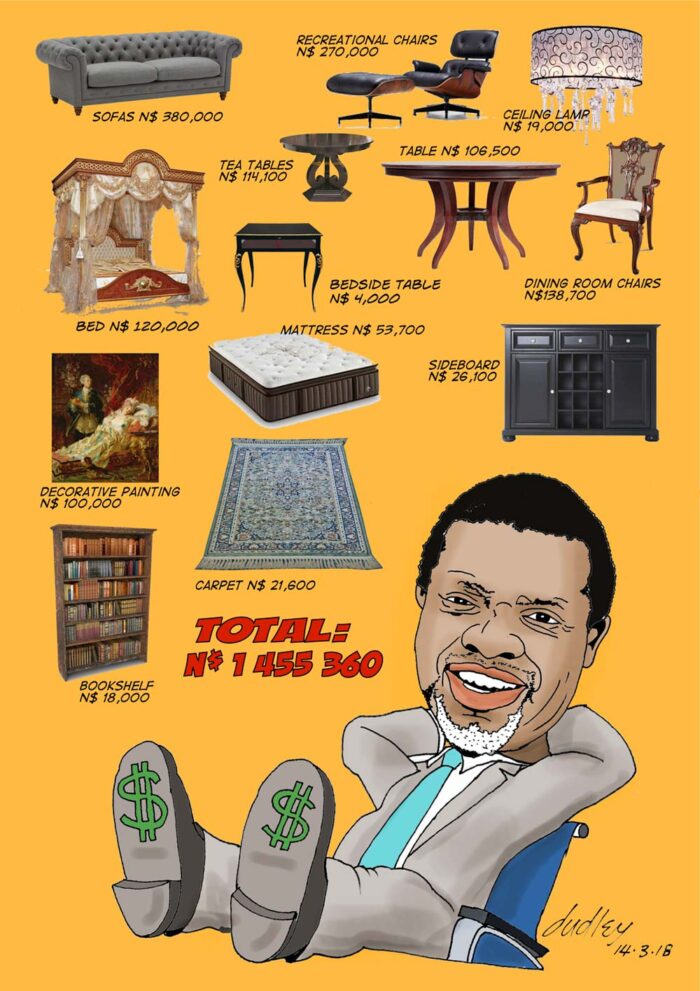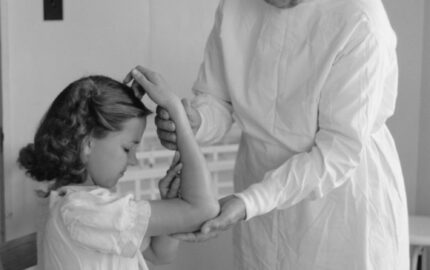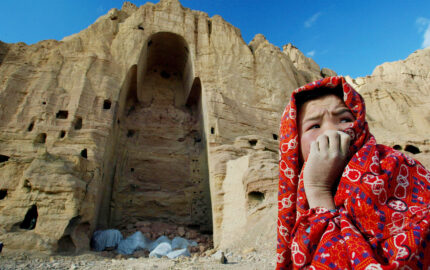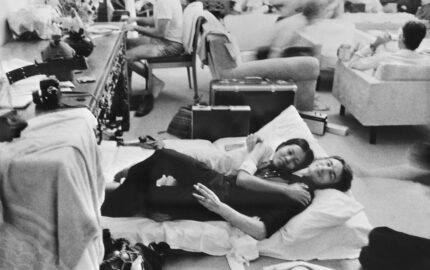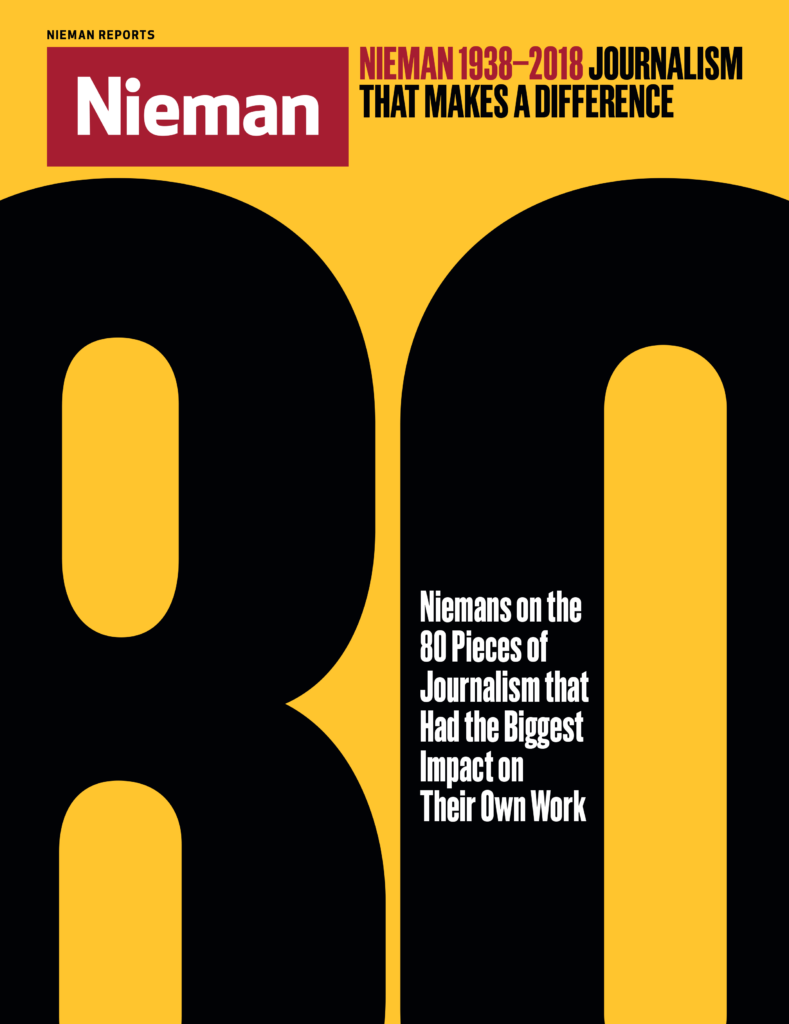
How are great journalists made? Often, it’s pieces of great journalism that help form them, influencing their lives or careers in an indelible way. To celebrate the Nieman Foundation for Journalism’s 80th anniversary in 2018, we asked Nieman Fellows to share works of journalism that in some way left a significant mark on them, their work or their beat, their country, or their culture. The result is what Nieman curator Ann Marie Lipinski calls “an accidental curriculum that has shaped generations of journalists.”
In my 11 years at The Namibian, Namibia’s largest daily newspaper, we have never published an investigative story that was more widely read than one earlier this year about a $10,000 bed and other furniture worth more than $100,000 that the president bought for himself.
Namibian President Hage Geingob wasn’t forced to resign or even apologize, but he is unlikely ever again to brush off our queries with the “none of your business” or “it’s my private property” reply that he gave us when we first asked him to explain the purchases. Many readers seem to now appreciate that the president may not have broken the law using tax exemptions to buy himself furniture. Yet the story made a case against unethical conduct and abuses of power.
The leader of the official opposition has made clear that his party will propose changes to the laws to curb entitlements and ensure that laws are not widely interpreted to allow the president to spend at will on foreign imports.
For me, the story (“Geingob’s Tax-Free Furniture”) stands out for the heated debate it stirred over whether our newspaper went too far in writing about the president’s private property. The president’s supporters invoked “invasion of privacy” as a defense. Critics came to our aid, pointing out that not only was the law interpreted to favor the president, but he was being hypocritical as he urges Namibians to buy Namibian products in furtherance of his “growth at home” policy.
Such lavish spending is widely perceived as preposterous in a country that is one of the poorest in the world. I believe even the president is embarrassed enough that he himself most likely will not stand in the way of proposals to limit his privileges.
Geingob’s Tax-Free Furniture
By Shinovene Immanuel
The Namibian, March 16, 2018
Excerpt
President Hage Geingob bought a bed for N$120,000, as part of a N$1.6 million splash on his furniture imported tax-free through people implicated in Namibia’s N$3.5 billion tax evasion, fraud, and money laundering scheme.
The luxury goods were bought from China, shipped to Walvis Bay and, according to people familiar with this transaction, transported to President Geingob’s private residence by his friend and business partner, Jack Huang.
Huang is among the people implicated in the country’s biggest tax evasion case.
Although the President obtained an exemption from paying import duty, the transaction raises questions about abuse of privileges, as well as the loss of money to the country through spending on top-of-the-range luxury goods.
Experts said Geingob would have paid around N$950,000 in value-added tax and import duty for importing the furniture.
Geingob’s office refused to answer detailed questions sent to them this week, saying this is a private transaction which the President paid for by “using his funds for his private residence”.
The office did not answer questions on what Huang’s role was, and whether the President was comfortable with the transaction, knowing that it was linked to people accused of involvement in fraud and money laundering.
Courtesy of The Namibian.
